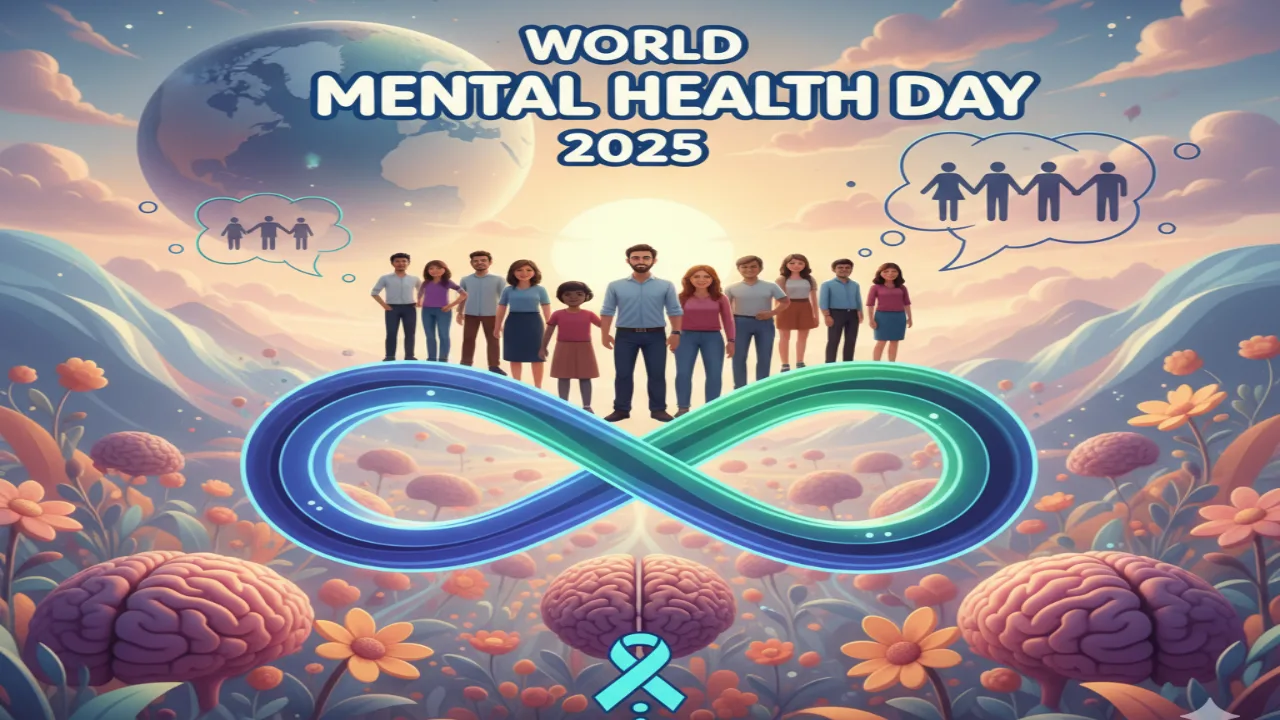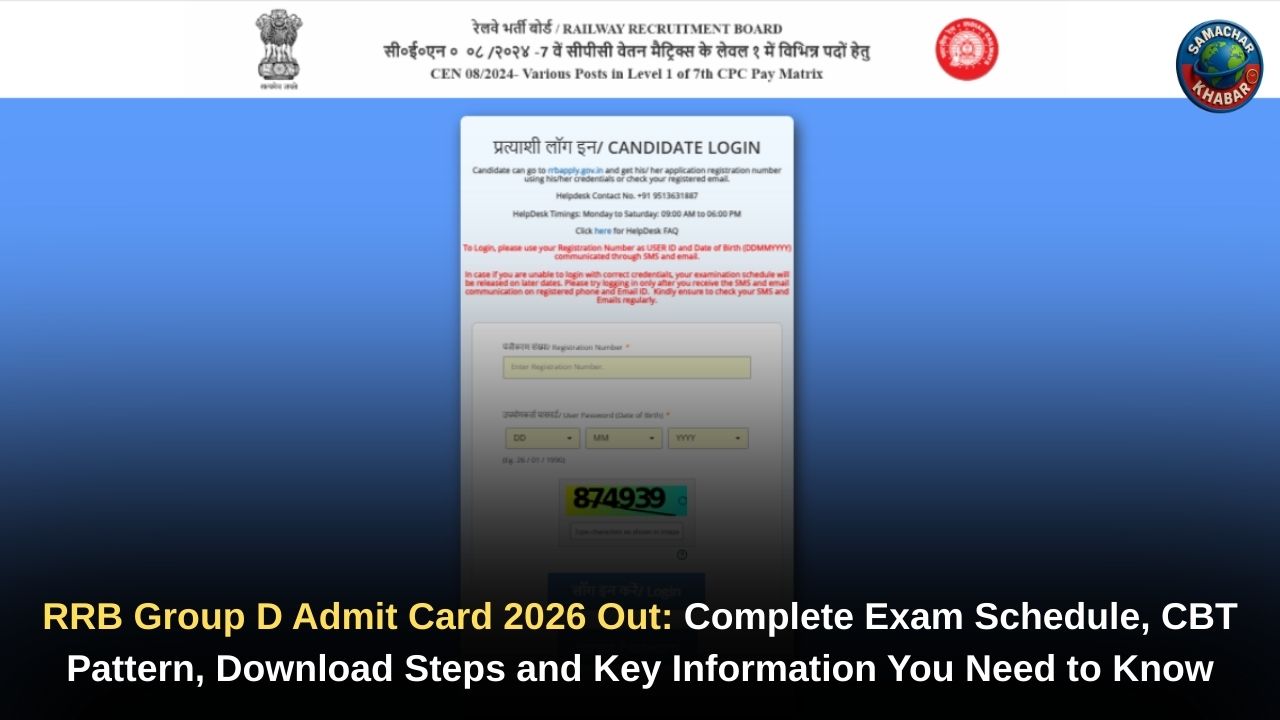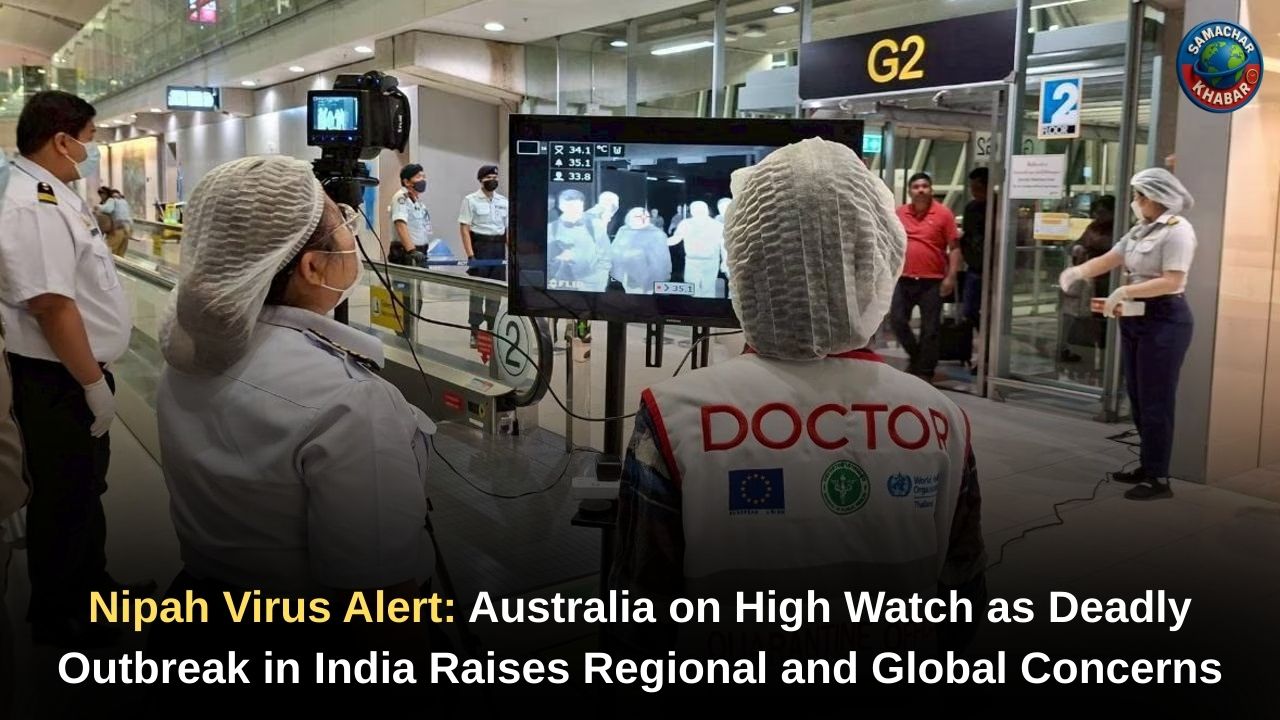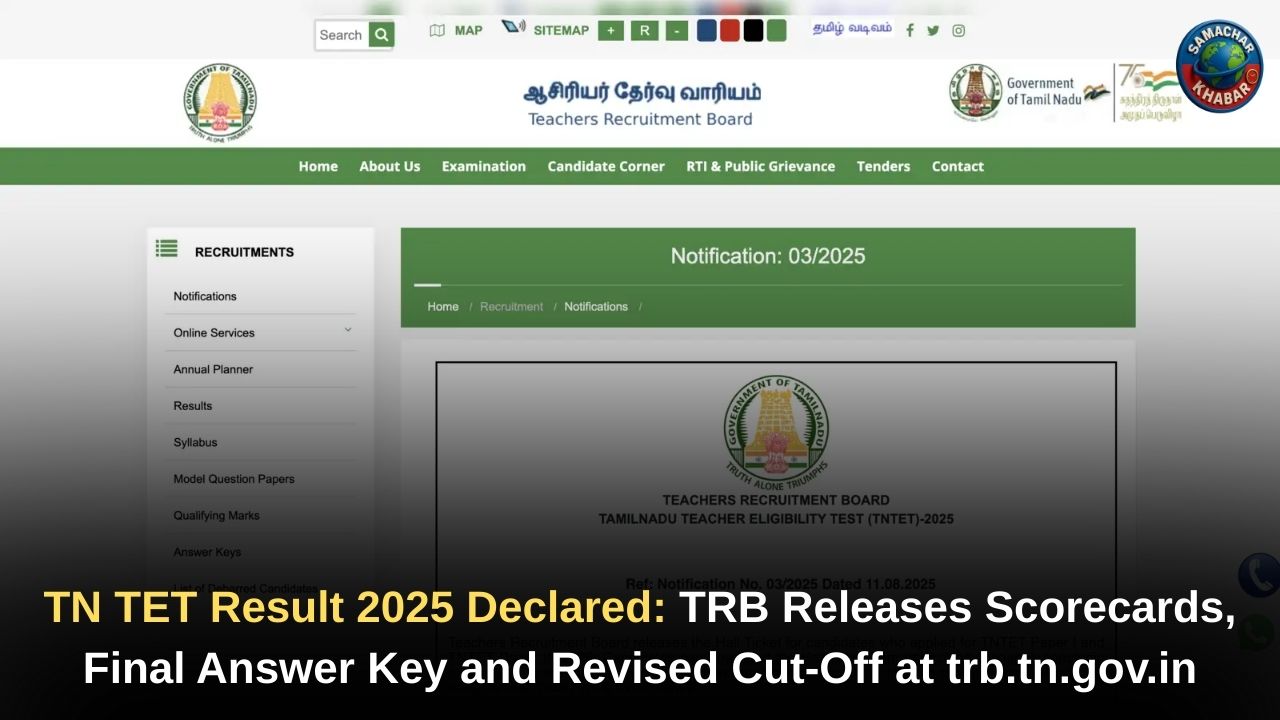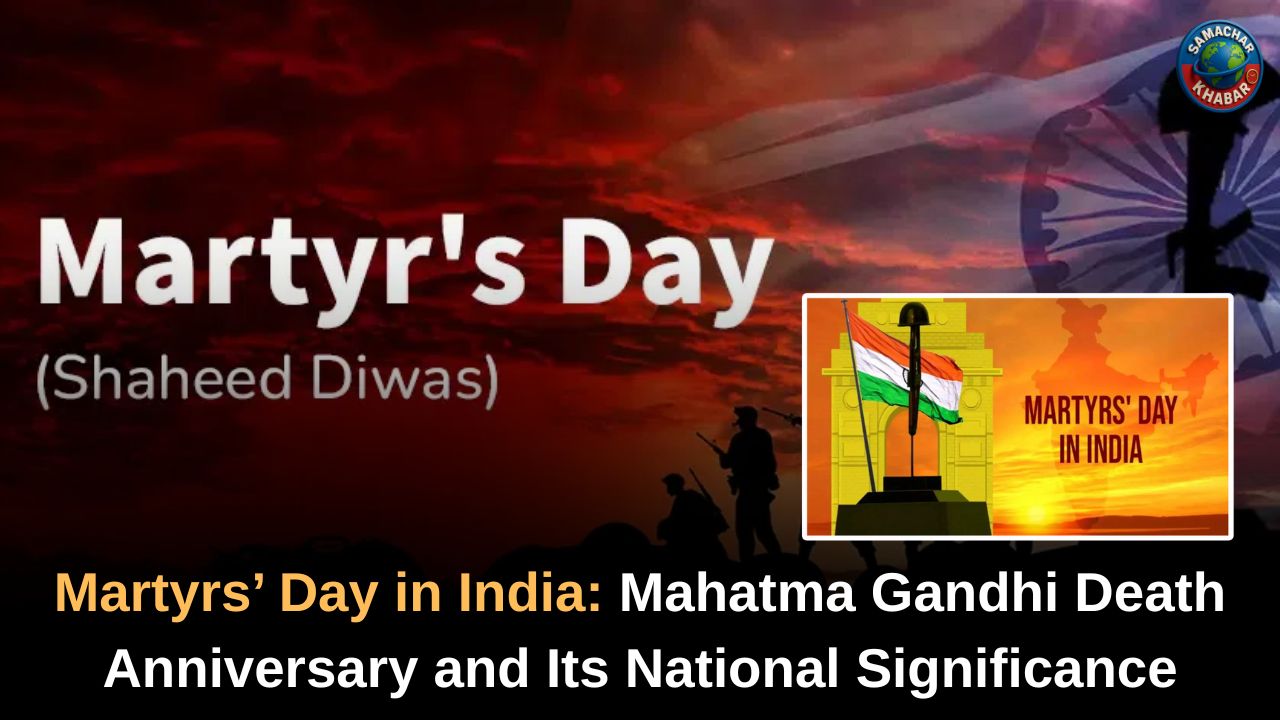The frantic pace of modern life, compounded by global uncertainties—from environmental disasters to economic shifts—continually tests the limits of our psychological resilience. While we readily bandage a physical injury, the silent wounds of the mind often go unattended, dismissed, or simply unseen. This is the reality that World Mental Health Day 2025, observed annually on October 10th, seeks to dismantle.
This global observance is far more than just a date on a calendar; it is a critical, yearly inflection point for advocacy, education, and action. It forces a vital conversation about an issue that impacts every community, every family, and every individual, yet remains tragically under-resourced and stigmatized.
If we are to build genuinely resilient societies, we must acknowledge that there is no health without mental health. This year, the focus narrows to an especially urgent area: crisis and emergency response.
World Mental Health Day 2025 Theme: Access to Services in Emergencies
Every year, the World Federation for Mental Health (WFMH) sets a theme that guides the global campaign, pinpointing a specific area requiring urgent attention. The theme for World Mental Health Day 2025 is:
“Access to Services – Mental Health in Catastrophes and Emergencies.”
This powerful and timely theme underscores an uncomfortable truth: when disasters strike—be it a flood, a conflict, or a pandemic—mental health is often the first thing to suffer and the last to be addressed. People affected by these crises face trauma, loss, displacement, and a profound disruption of their lives.
Why This Theme is Critical
- The Psychological Toll is Immediate and Lasting: The stress of a catastrophic event doesn’t end when the headlines fade. Post-Traumatic Stress Disorder (PTSD), severe anxiety, and depression can haunt survivors for years.
- The Staggering Statistic: The World Health Organization (WHO) estimates that around 1 in 5 people in conflict-affected areas are estimated to have a mental health condition. This highlights a massive, unmet need.
- A Call for Integration: The theme is a direct appeal to governments, NGOs, and humanitarian agencies to integrate mental health and psychosocial support (MHPSS) into their core emergency response protocols, alongside food, water, and shelter. Mental well-being is not a luxury; it is essential for long-term recovery and rebuilding.
History and Significance of World Mental Health Day

Understanding the journey of this day highlights its growing global importance.
A Brief History
World Mental Health Day was first observed on 10 October 1992, at the initiative of the World Federation for Mental Health (WFMH). Initially, there was no specific theme, and the objective was simply to advocate for mental health awareness. Over the years, as global recognition grew, specific themes were introduced to focus attention on critical areas, such as mental health in the workplace, suicide prevention, and adolescents’ mental health. This evolution reflects a significant shift from simple awareness to targeted, actionable global movements.
Lasting Significance
The significance of the day lies in its multi-pronged impact:
- Fighting Stigma: It provides a unified global platform to openly discuss mental health challenges, helping to break down centuries of stigma and discrimination.
- Mobilizing Resources: It pressures governments and international bodies to increase funding for mental healthcare, which has historically received disproportionately low investment compared to physical healthcare.
- Promoting Universal Rights: The day reinforces the idea that mental healthcare is a universal human right, not a privilege reserved for a few.
- Community Building: It encourages local communities, schools, and workplaces to create supportive environments and establish robust support systems.
Actionable Importance for Individuals and Organisations
The impact of this day extends beyond policy and into daily life. For individuals, World Mental Health Day is a reminder to pause and check in on their own well-being—a practice of self-care and mindfulness.
Also Read: World Teachers Day: History, Theme & Global Impact
Practical Steps for Organizations
- Audit Emergency Plans: Does your organization’s disaster plan include provisions for immediate psychological first aid and long-term counselling for employees?
- Invest in Training: Train managers to recognize signs of distress in their teams, especially after a collective traumatic event or during periods of high stress.
- Promote External Resources: Clearly communicate access to confidential employee assistance programs (EAPs) or external support lines.
Inspirational Quotes for Mental Health Day

Words have the power to validate our struggles and inspire hope. Here are a few quotes that resonate with the spirit of World Mental Health Day 2025:
- “There is hope, even when your brain tells you there isn’t.” – John Green
- “The best way out is always through.” – Robert Frost
- “Self-care is how you take your power back.” – Lalah Delia
- “Emotional pain is not something that should be hidden away and never spoken about. There is truth in your pain, there is growth in your pain, but only if it’s first brought out into the open.” – Steven Aitchison
- “No one would ever say that someone with a broken arm or a broken leg is less than a whole person, but people say that or imply that all the time about people with mental illness.” – Elyn R. Saks
Making Mental Health a Global Priority
World Mental Health Day 2025 is a profound call to action, demanding that we finally treat the mind with the same urgency and importance as the body, especially in times of crisis.
The theme, “Access to Services – Mental Health in Catastrophes and Emergencies,” isn’t just about disaster relief; it’s about acknowledging our shared human fragility and building a compassionate, ready-to-help world. Our collective resilience is only as strong as the mental well-being of our most vulnerable populations.
FAQs
Q1: When exactly is World Mental Health Day 2025?
A: World Mental Health Day is observed annually on October 10th. In 2025, this falls on a Friday, making it an excellent opportunity for weekend-long awareness events.
Q2: Who started World Mental Health Day?
A: The day was first established in 1992 by the World Federation for Mental Health (WFMH), a global non-governmental organization. It has since gained the support of the World Health Organization (WHO) and the United Nations.
Q3: What does ‘Access to Services’ mean in the context of the 2025 theme?
A: It means ensuring that mental health support—from basic psychological first aid to specialized counselling and long-term therapy—is available, affordable, and culturally appropriate for everyone affected by a crisis, regardless of their location, social status, or language.
Q4: What is one simple thing I can do to observe World Mental Health Day?
A: A powerful action is to practice active listening. Dedicate time to truly listen, without judgment, to a friend, colleague, or family member. It costs nothing but can be life-changing for someone feeling isolated. For more ideas, check out our post on [Simple Ways to Support Mental Health Awareness].
Q5: How can I find mental health support during a personal emergency or crisis?
A: If you are in crisis, you should immediately contact your country’s emergency services or a dedicated, confidential crisis hotline. Reputable local or national mental health organizations often provide free or low-cost resources.


